Indigenous Governance Database
leadership development
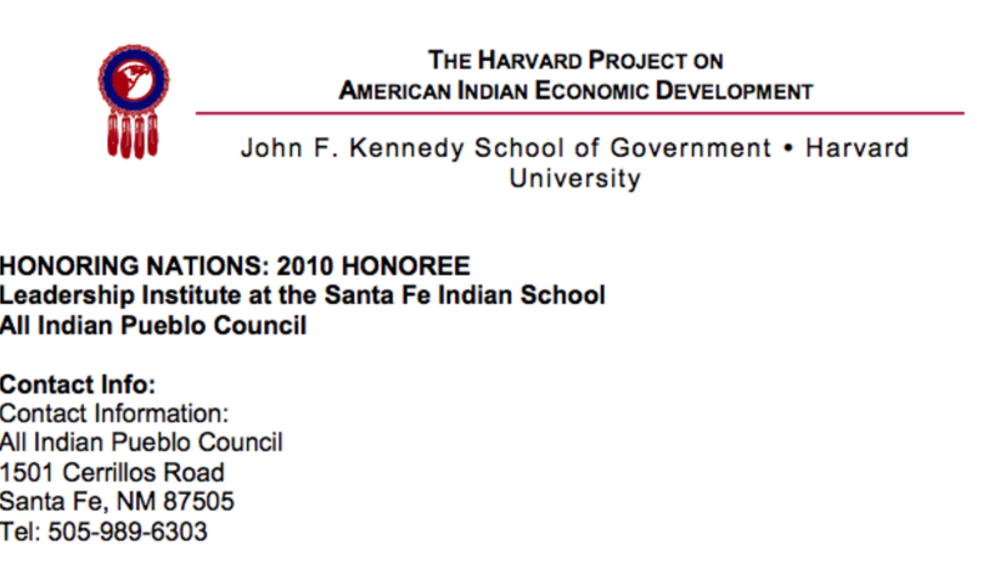
Leadership Institute at the Santa Fe Indian School
Founded in 1997, the Leadership Institute at the Santa Fe Indian School aims to create a dynamic learning environment in which community members not only learn and teach, but are able to actively contribute to the success of their nations. Four themes guide the Institute’s work: leadership,…
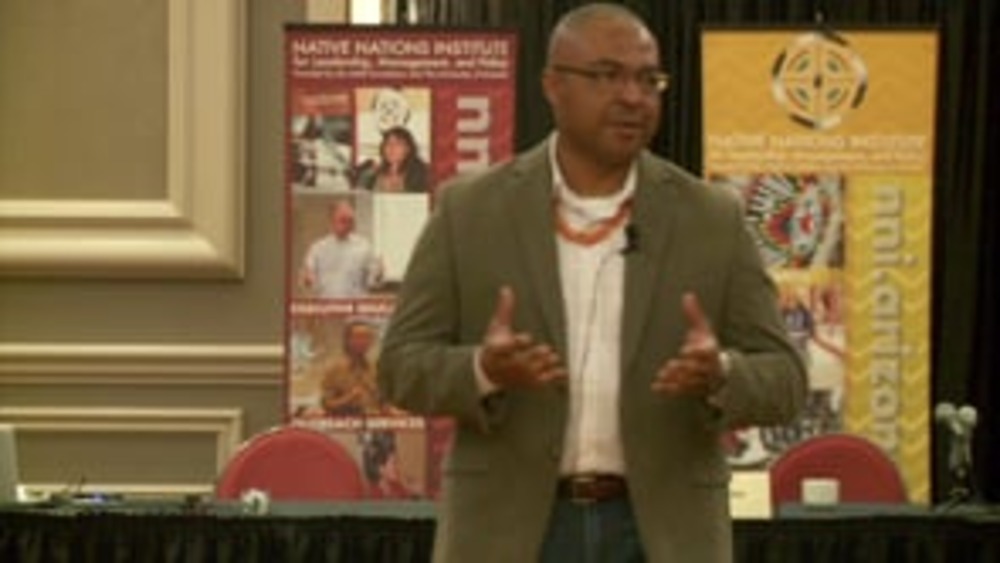
Richard Luarkie: How Do We Choose Our Leaders and Maintain Quality Leadership?: The Pueblo of Laguna
Pueblo of Laguna Governor Richard Luarkie provides a brief overview of how Laguna citizens gradually and systematically ascend up the leadership ranks within the Pueblo through their adherence to and practice of Pueblo core values.
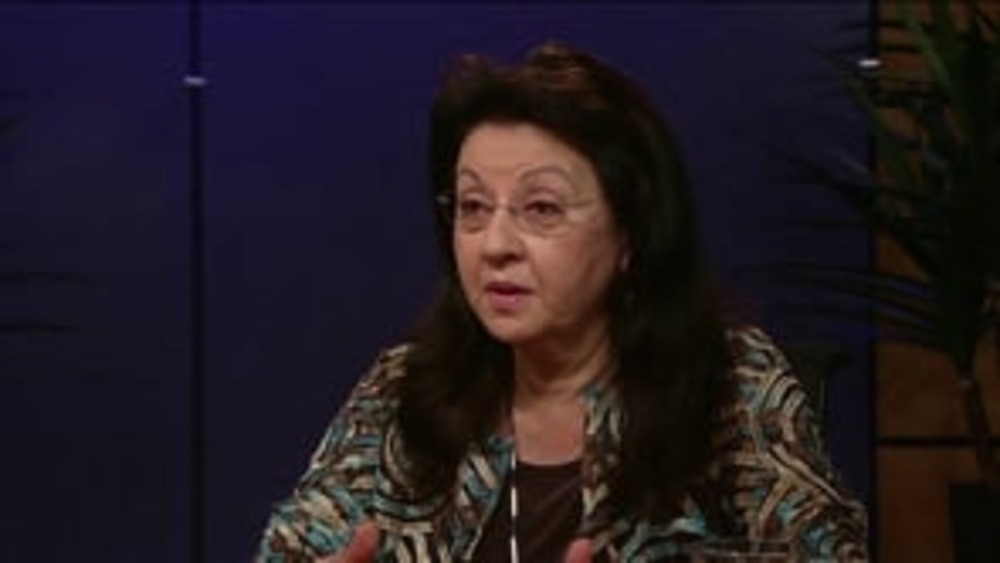
Eva Petoskey: Empowering Good Leadership Through Capable Governance: What My Leadership Experience Taught Me
Eva Petoskey, citizen and former council member of the Grand Traverse Band of Ottawa and Chippewa Indians (GTB), discusses her experiences as an elected leader during a pivotal time in GTB's history. She also stress the importance of Native nations developing capable institutions of self-governance…
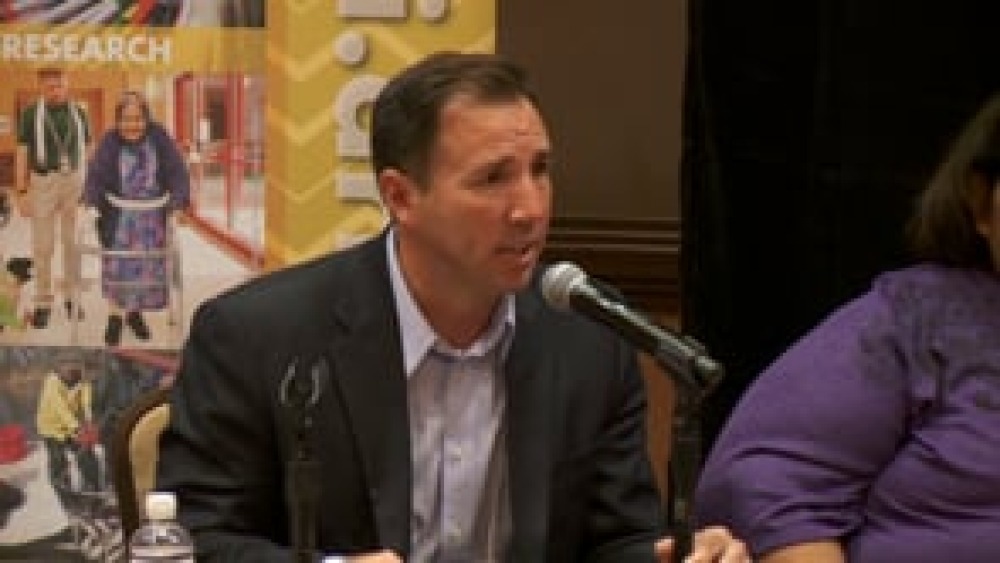
Catalina Alvarez and Robert McGhee: What I Wish I Knew Before I Took Office (Q&A)
Tribal leaders Catalina Alvarez (Pascua Yaqui Tribe) and Robert McGhee (Poarch Band of Creek Indians) field questions from seminar participants on an array of topics ranging from codes of ethics to creating mechanisms for transparent governance.
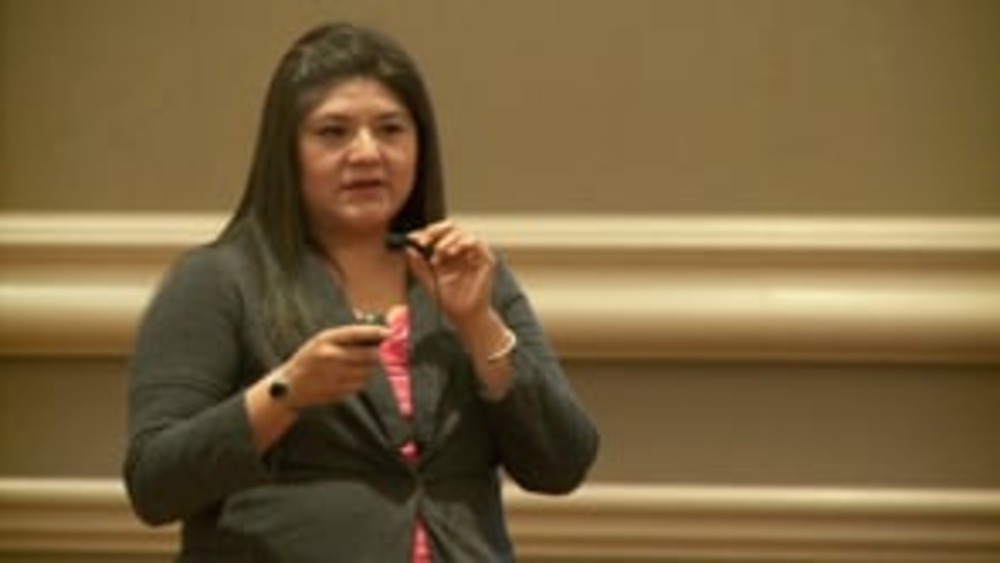
Shannon Douma: Cultivating Good Leadership: The Santa Fe Indian School's Summer Policy Academy
Shannon Douma (Pueblo of Laguna) provides a detailed overview of how the Santa Fe Indian School's Summer Policy Academy works to develop Pueblo youth to ably take the leadership reins of their nations through a rigorous curriculum designed to build up their sense of cultural identity and personal…
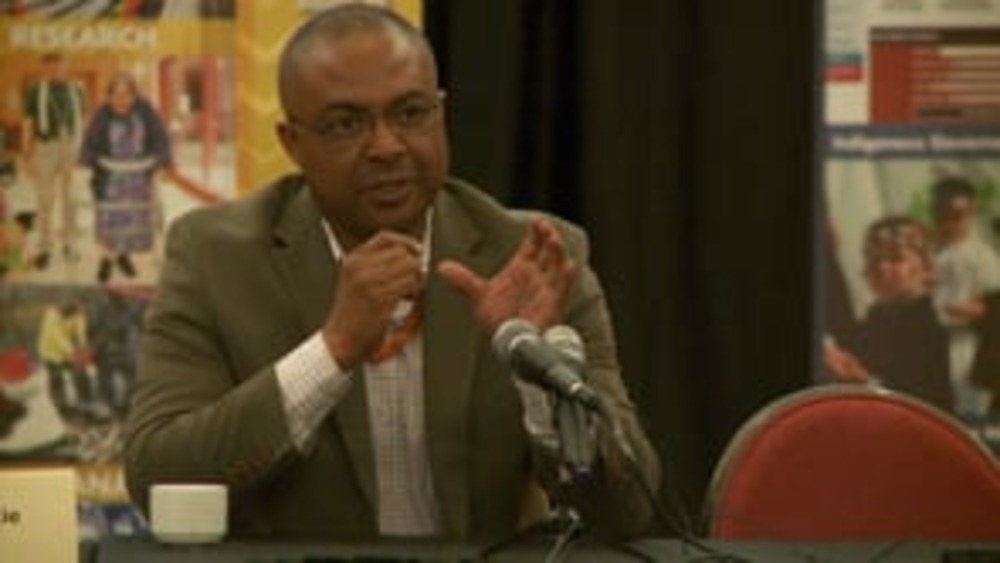
Shannon Douma and Richard Luarkie: How Do We Choose Our Leaders and Maintain Quality Leadership? (Q&A)
Shannon Douma and Richard Luarkie (Pueblo of Laguna) field questions from seminar participants about how the Pueblo and also the Santa Fe Indian School's Summer Policy Academy groom Pueblo youth to take over the reins of leadership of their nations.
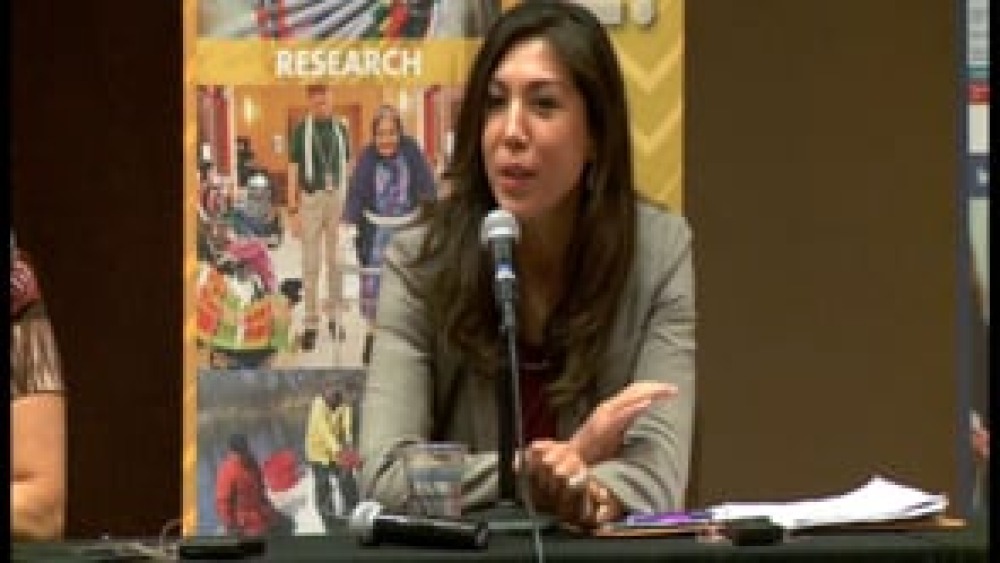
Paulette Jordan: Engaging the Nation's Citizens and Effecting Change: The Coeur d'Alene Story
Paulette Jordan, citizen and council member of the Coeur d'Alene Tribe in Idaho, discusses the importance of Native nation leaders being grounded in their culture and consulting the keepers of the culture (their elders) so that they approach the leadership challenges they face with the proper…
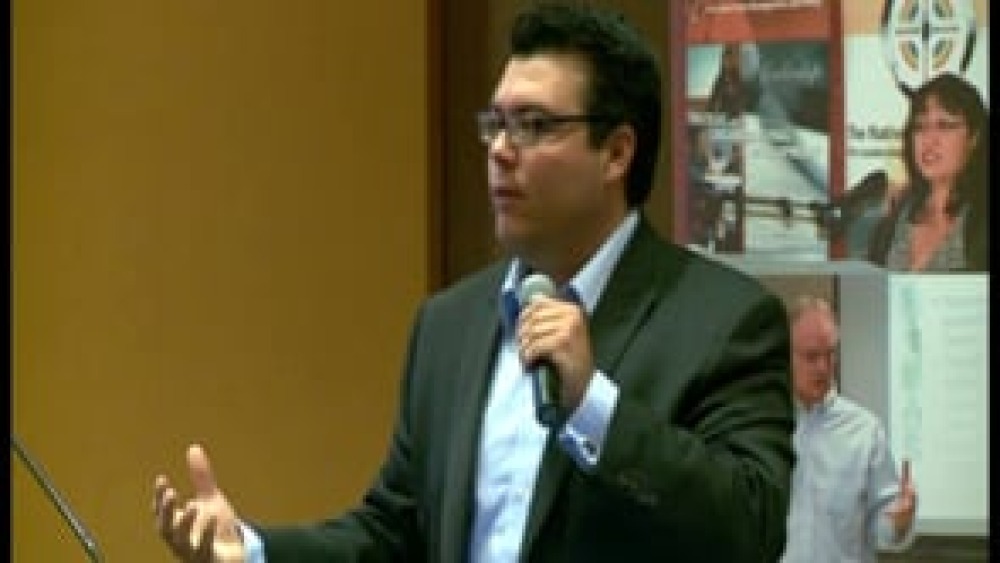
Adam Geisler: What I Wish I Knew Before I Took Office
Adam Geisler, Secretary of the La Jolla Band of Luiseño Indians, discusses the diverse set of challenges he faces as an elected leader of his nation and discusses some of the innovative ways that he, his leadership colleagues, and his nation have worked to overcome those challenges. He…
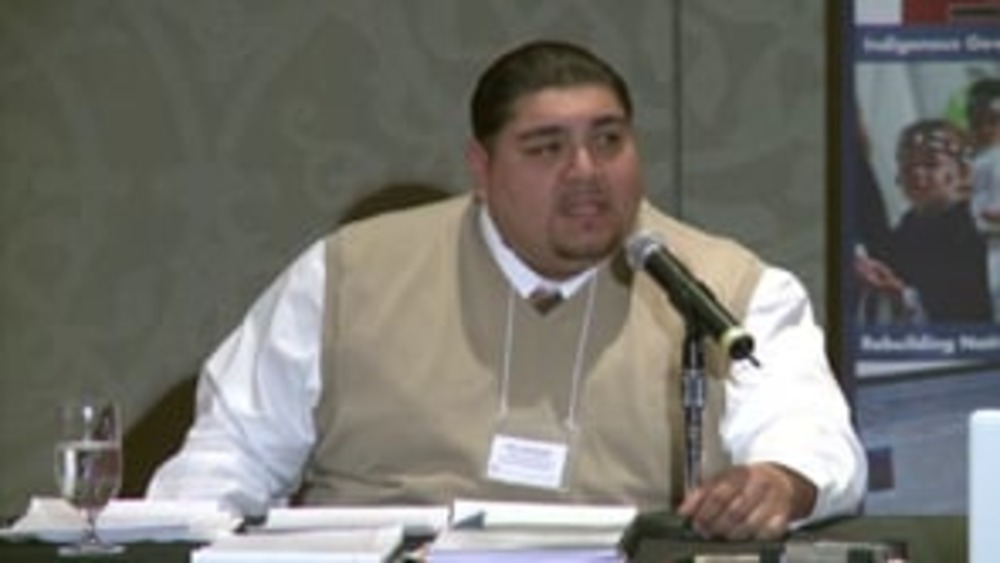
Ruben Santiesteban and Joni Theobald: Choosing Our Leaders and Maintain Quality Leadership: The Lac du Flambeau Band of Lake Superior Chippewa Indians
Ruben Santiesteban and Joni Theobald of the Lac du Flambeau Band of Lake Superior Chippewa Indians provide an overview of how Lac du Flambeau developed a new approach to cultivating and then selecting quality leaders to lead the Band to a brighter future.
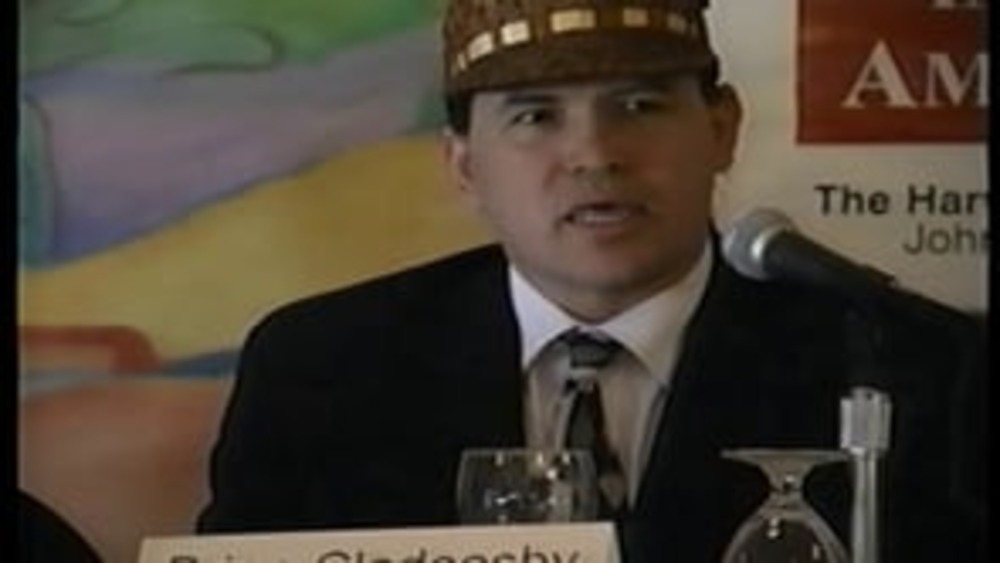
Honoring Nations: What is Good Tribal Governance and Why is it Important?: Tribal Leaders' Perspectives
Moderator Joseph P. Kalt facilitates a rich discussion by an impressive panel of Native nation leaders about the role leaders play in building and sustaining successful tribal programs.
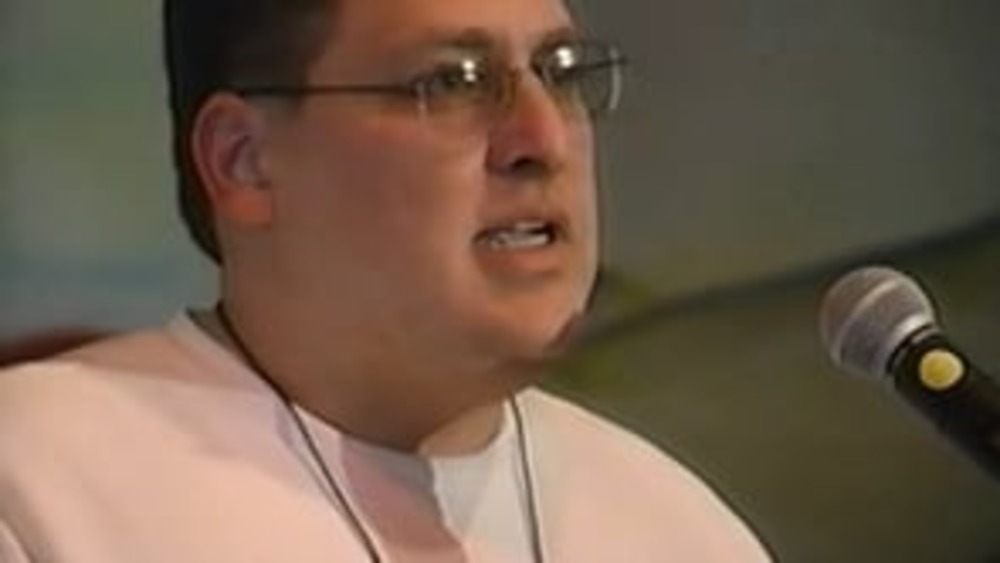
Honoring Nation: Lance Morgan: Ho-Chunk, Inc. Economic Development Corporation
Ho-Chunk, Inc. CEO Lance Morgan share the lessons he and the Winnebago Tribe of Nebraska have learned about the keys to creating an economic development environment capable of fostering successful nation-owned enterprises. He stresses the need for some Native nations to engage in constitutional…
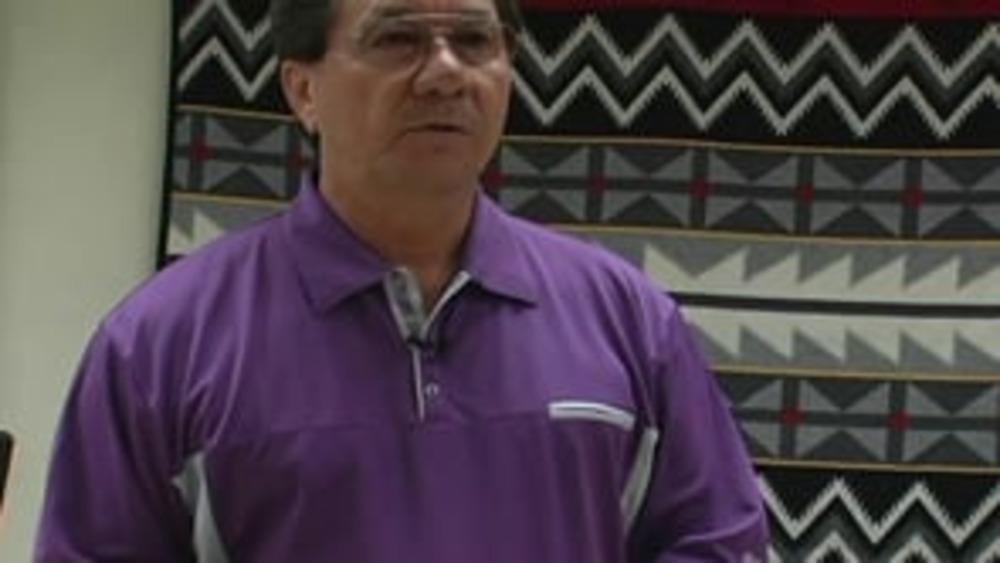
Michael K. Mitchell: A History of the Akwesasne Mohawk
Grand Chief Michael Mitchell of the Mohawk Council of Akwesasne offers students a broad overview of the governance history of the Akwesasne Mohawk and the efforts his people have made during his time in office to exercise true self-governance and rebuild their nation.
Honoring Nations: Devin Redbird: The Gila River Youth Council
Devin Redbird discusses the importance of the Gila River youth council as a source of education and development for the next generation of tribal leaders, while stressing the impact youth councils could have across Native nations.

Harvard Project Names Three Honoring Nations Leaders
Sharing outstanding programs in tribal self-governance and helping to expand the capacities of Tribal leaders through learning from each others’ successes is the mission of the Harvard Project on American Indian Economic Development’s Honoring Nations program. Recently the Honoring Nations program…
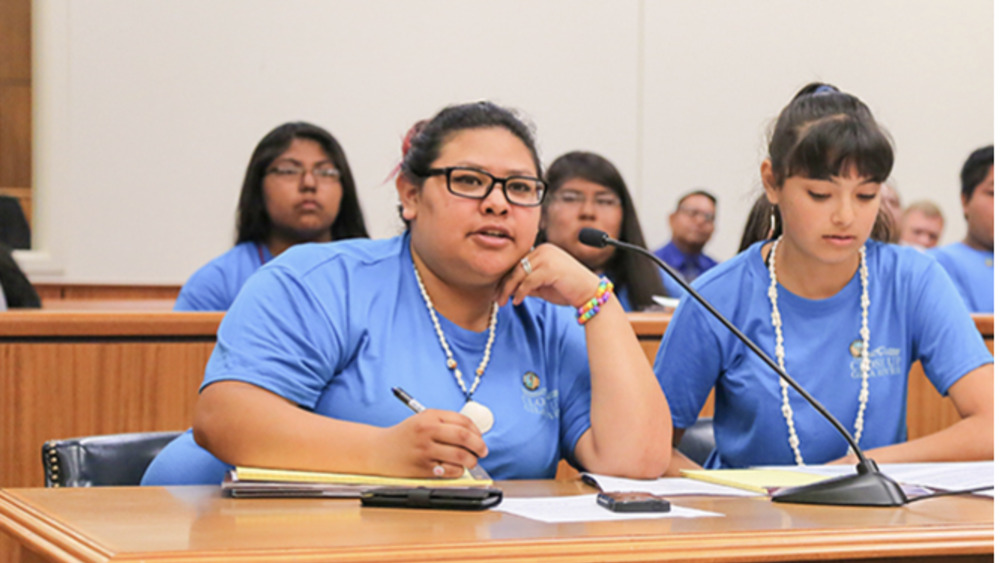
Students Get Hands-On Learning with Gila River Close Up Program
A group of young Community members from various local high schools participated in the Close Up program and received an in-depth view into the world of tribal government. The Close Up program is a yearly endeavor that is designed to give students a thorough lesson on the inner mechanics and…
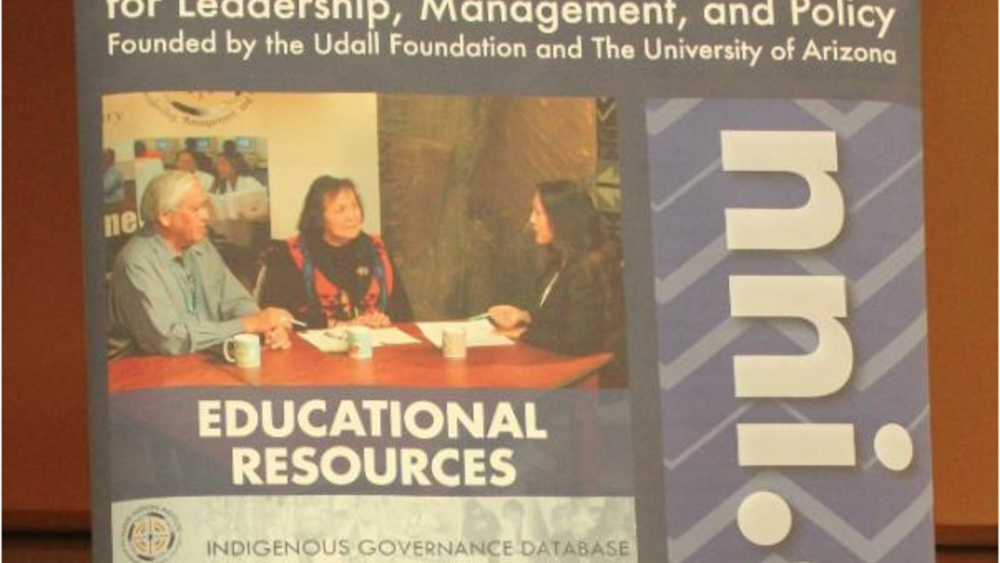
Educating Indian Country's Future Leaders
To grapple with the concept of good leaders and how to become one, 100 attendees–newly-elected and aspiring leaders from Native Nations–gathered in Tucson, Arizona November 6-7 for a specifically-developed Executive Education Seminar titled, "Emerging Leaders." Developed by the Native Nations…
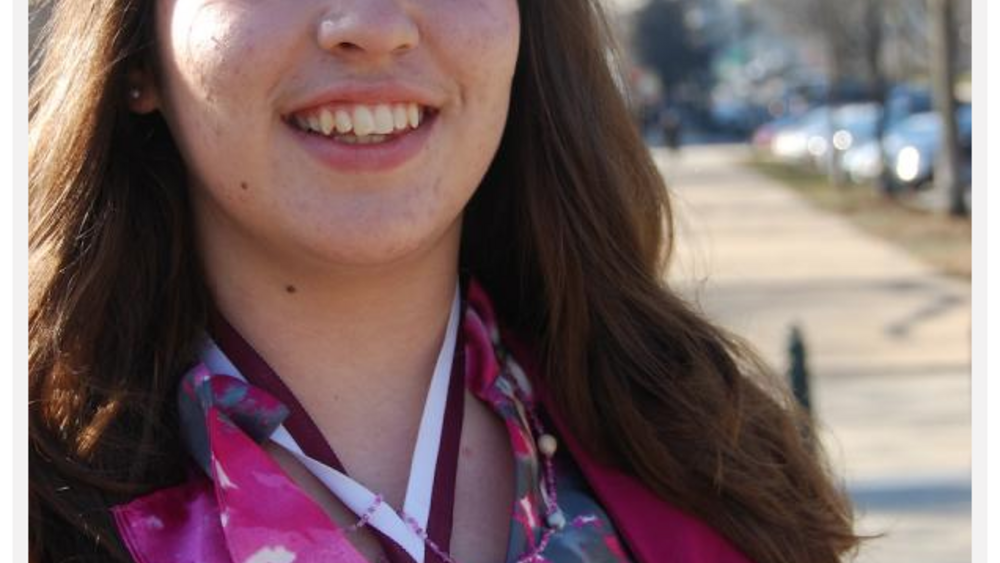
Youth Council Addresses Serious Problems in Michigan
Sarah Schilling, of the Little Traverse Bay Bands of Odawa Indians, is one of five 2013 Champions for Change chosen by the Center for Native American Youth. The 18-year-old is a recent high school graduate from Charlevoix, Michigan who was inspired by her participation and the youth-based efforts…
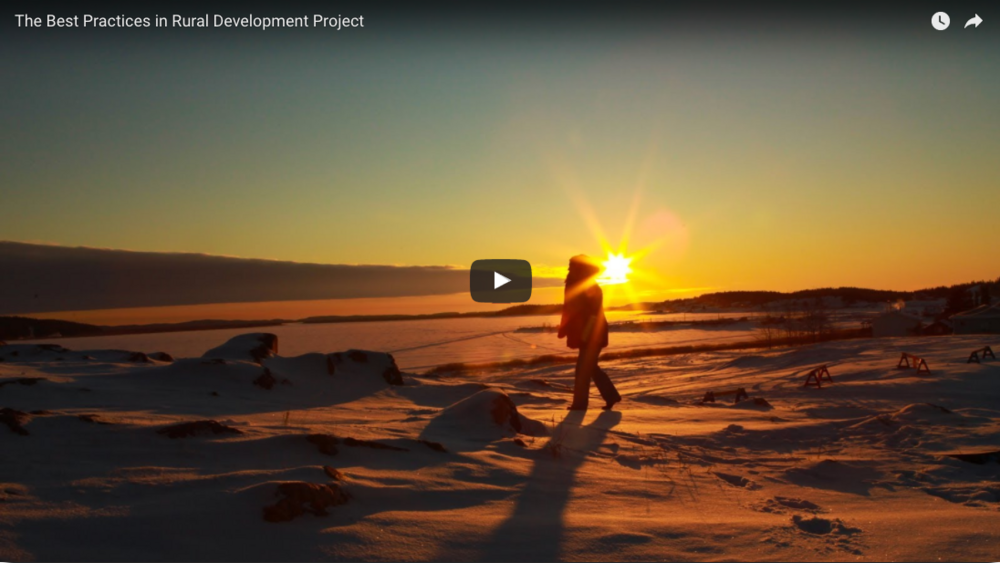
The Best Practices in Rural Alberta Project
The Best Practices in Rural Alberta Project culminated in September 2012, after two and a half years of community engagement; research into the examination of leadership strengths and practices; incredible youth development; and video capture in preparation for a documentary film. This documentary…
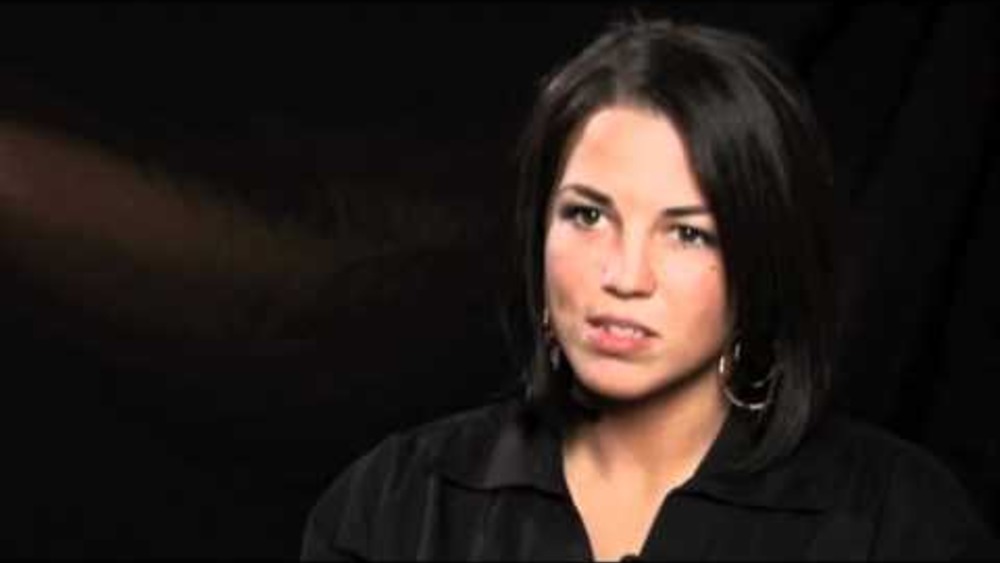
Tradition and Governance: Georjann Moresseau
Councilor Georjann Morreseau of Fort William First Nation talks about the challenges of teaching Fort William youth about traditions and governance.
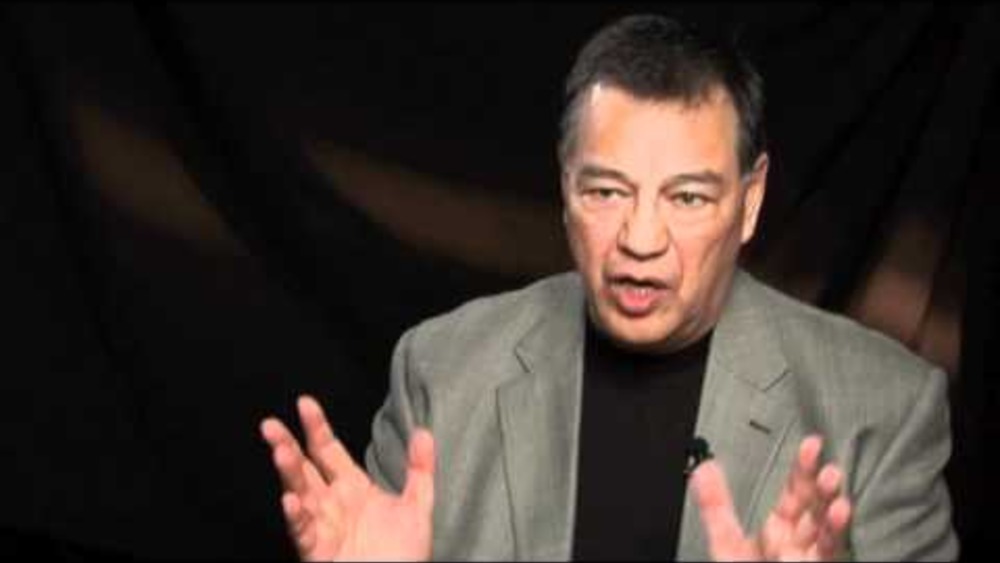
Tradition and Governance: Chief Richard Gamble
Chief Gamble of Beardy's and Okemasis First Nation says that tradition and spirituality are a way of life and might be captured in a constitution so that First Nations can develop laws that are based on traditional values. This would be a way to undo the Indian Act and make way for more traditional…
